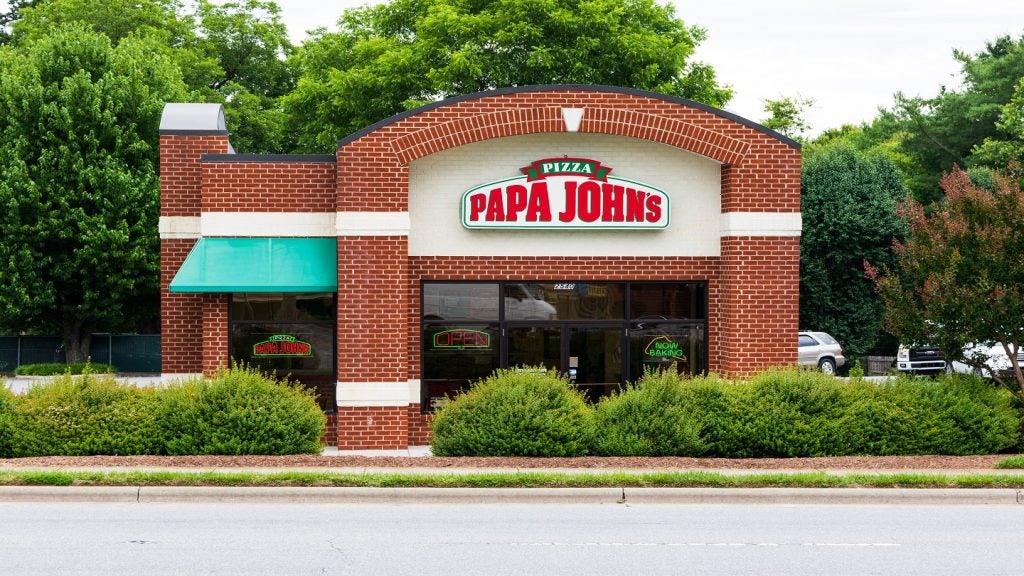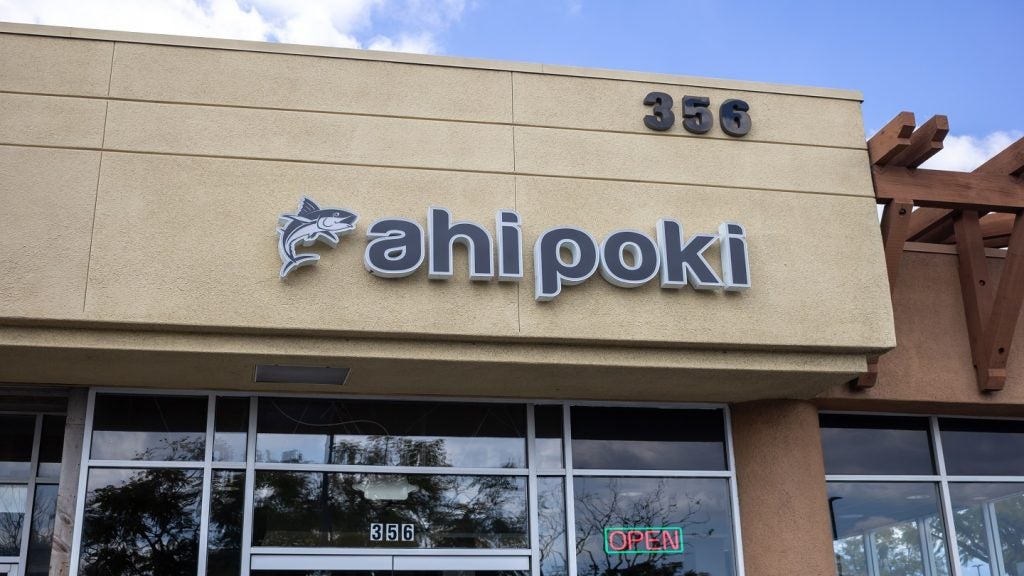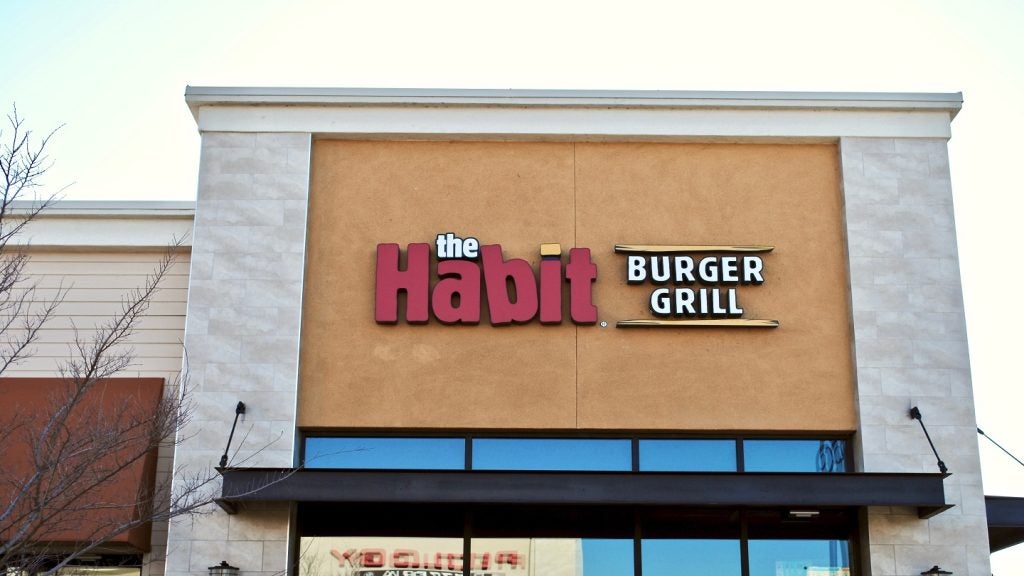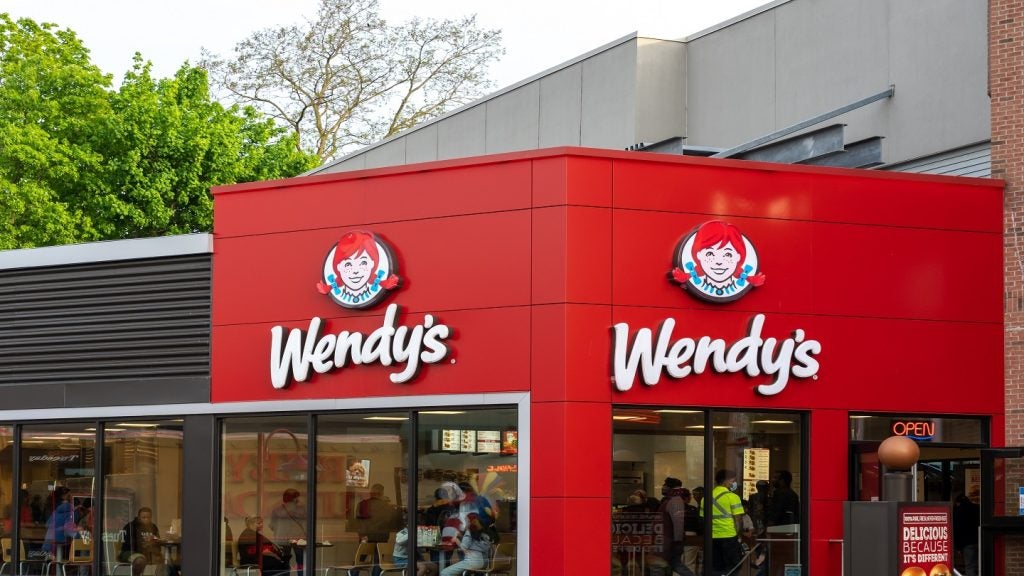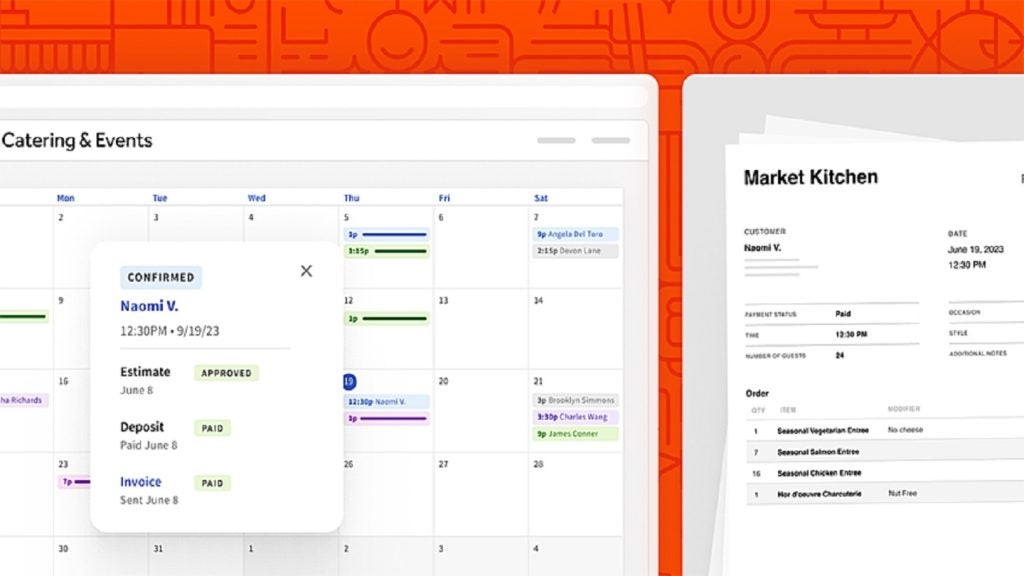Papa John’s International has reported an attributable net income of $17.76m for the second quarter (Q2) of 2023, a decline of 30% compared to its $25.43m income a year ago.
For the quarter ended 25 June 2023, the company’s total revenues declined to $514.53m from $522.6m a year earlier.
The company’s operating income declined 10% to $34.91m from $38.90m in Q2 2022.
Papa John’s global system-wide restaurant sales for the latest quarter were $1.22bn, representing an increase of 2% year-on-year.
The company noted that its North American comparable sales declined by 1% compared with the year-ago period.
International comparable sales also fell 1% from a year ago but grew by 5% compared with Q1.
Papa John’s said it opened 47 net new units in Q2, driven by international growth.
The company added that it is on track to open 270 to 310 net new units this year.
Papa John’s International president and CEO Rob Lynch said: “We are pleased with the solid execution that our teams have demonstrated in what continues to be a challenging operating environment.
“Our company restaurants continued their strong performance with positive comp sales growth and year-over-year margin improvement above and beyond the benefits of moderating food costs.
“However, this solid performance was not enough to offset the lower-than-anticipated comps our franchisees experienced during the quarter. That being said, our entire system saw sequential sales improvement throughout the quarter with positive North America comp sales in June.”


